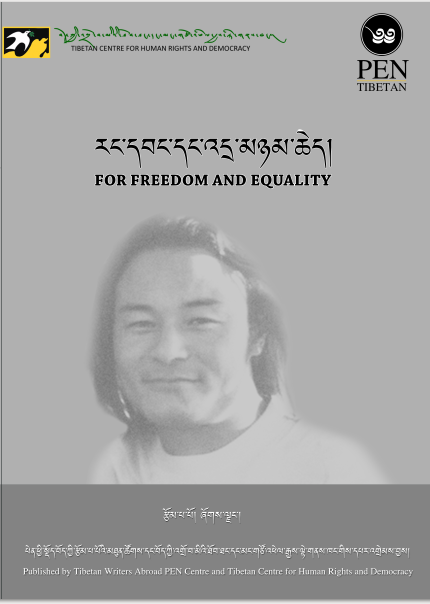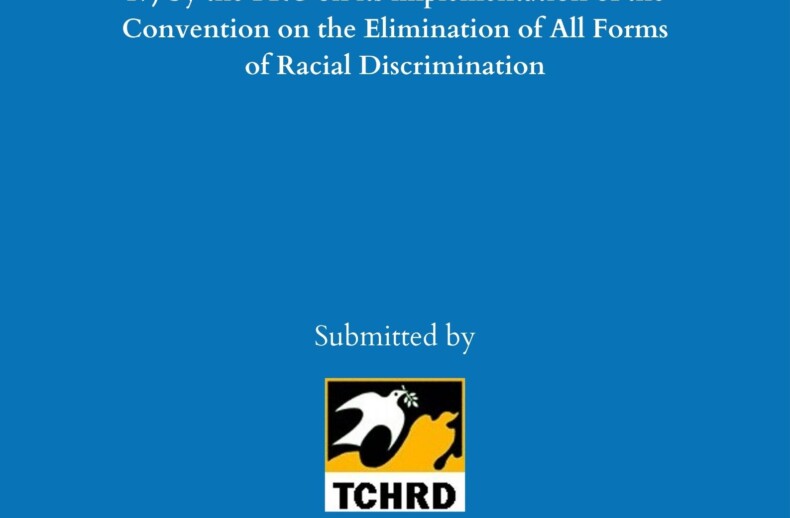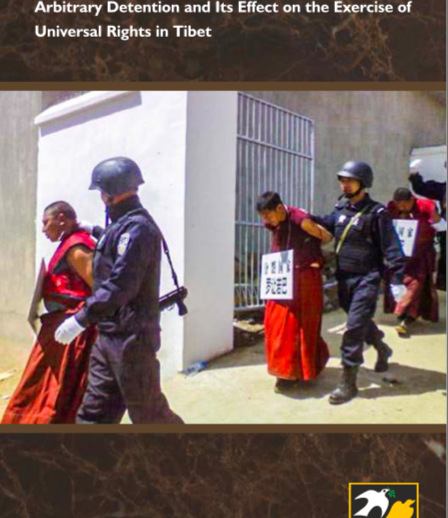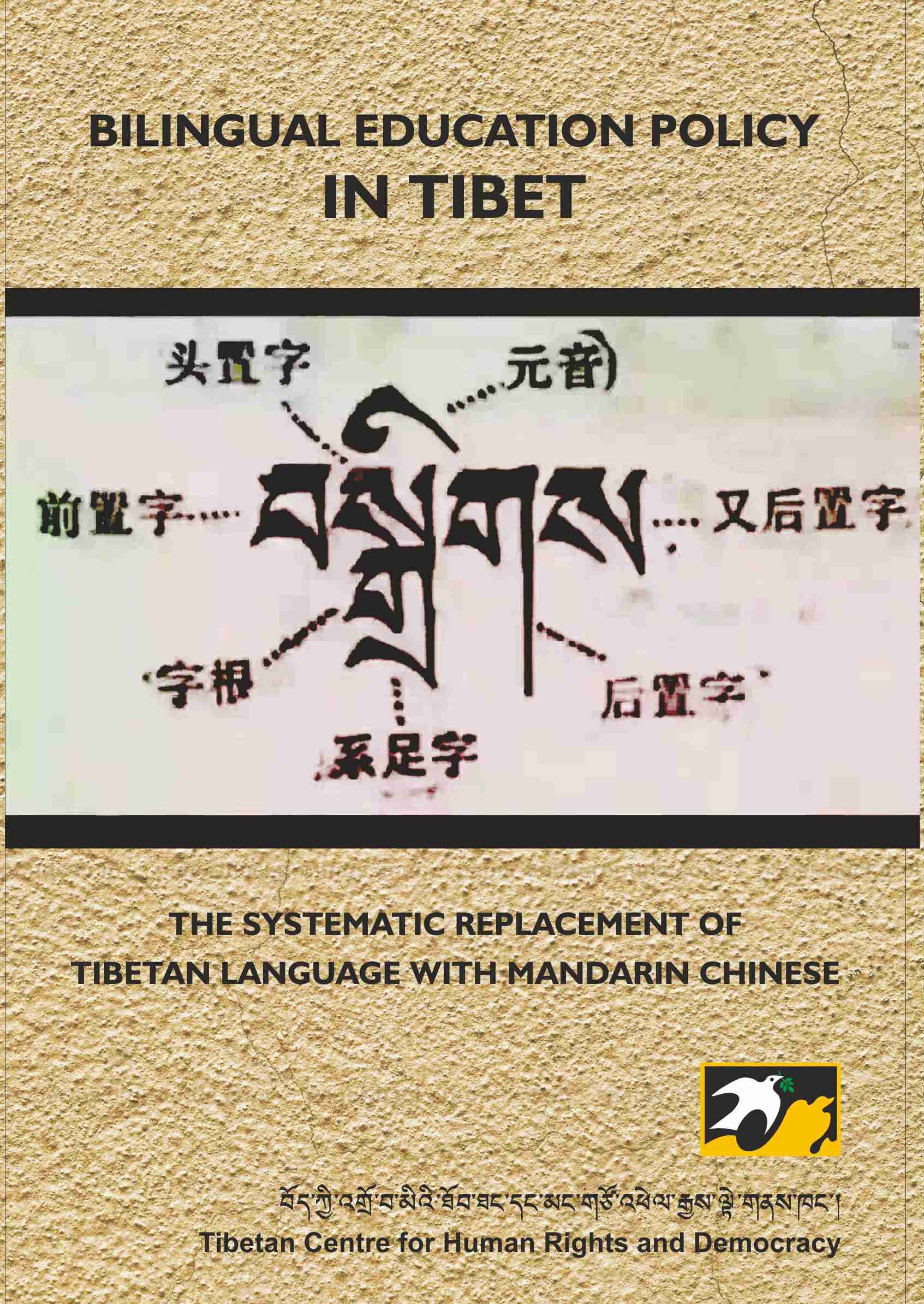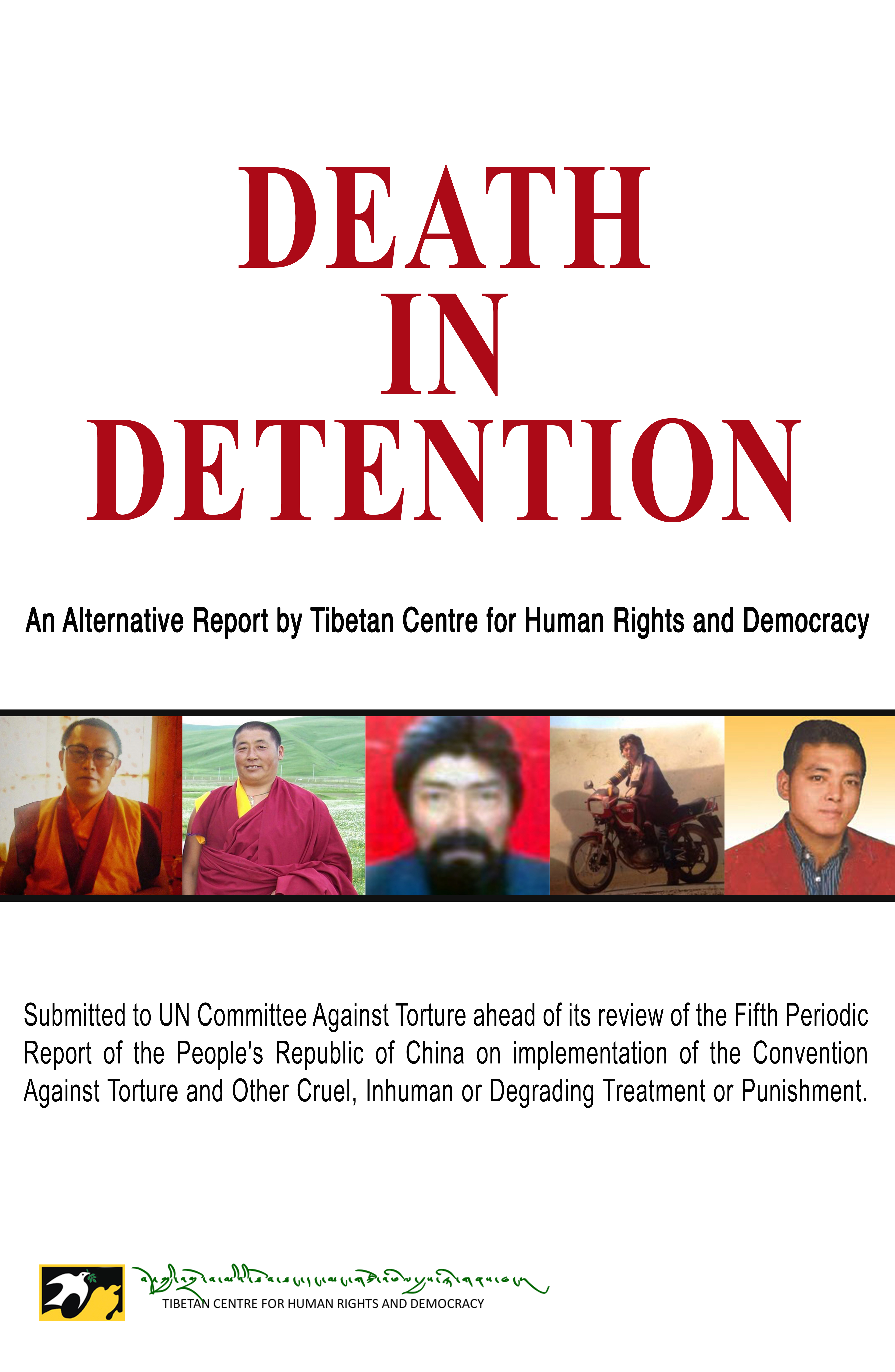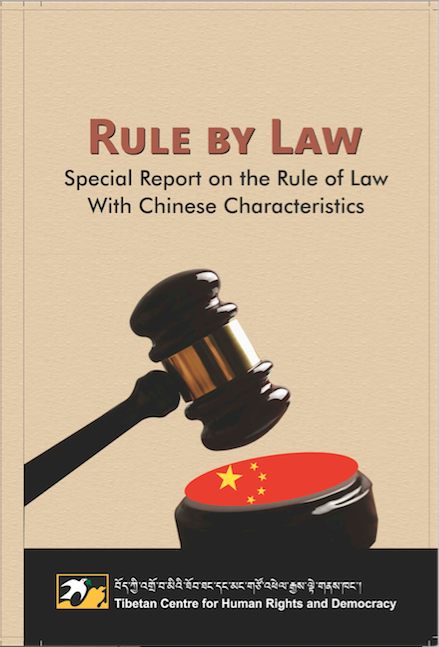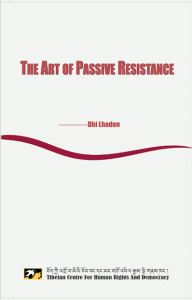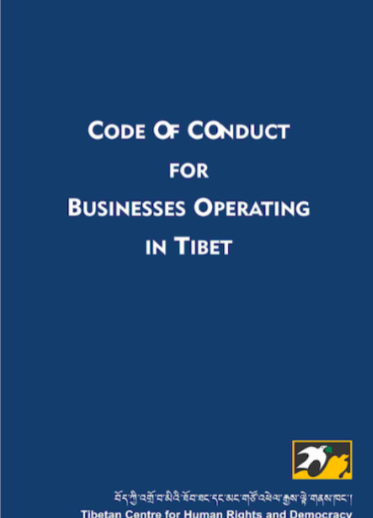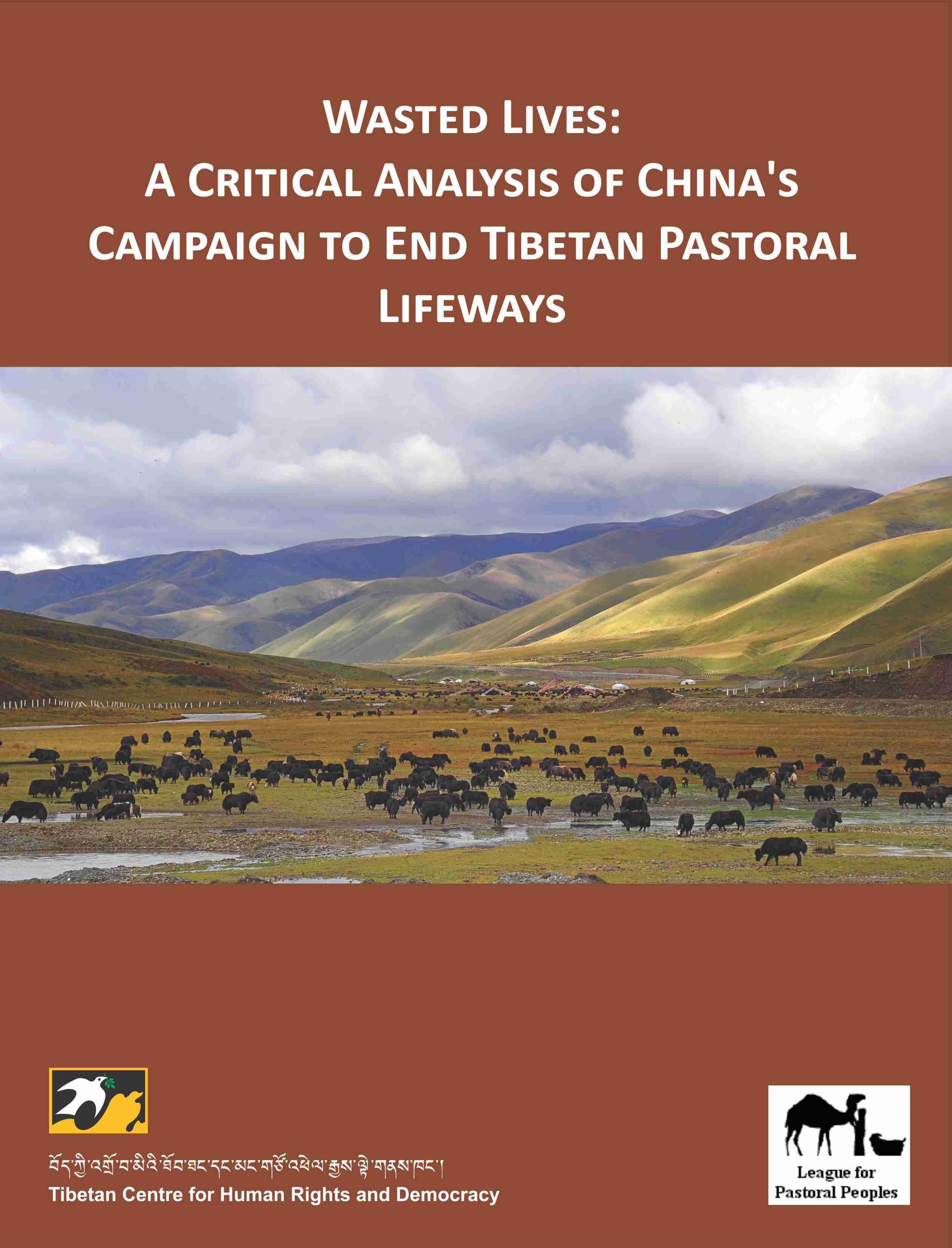This bilingual book titled For Freedom and Equality is a collection of articles and poems written by imprisoned Tibetan writer Shokjang. In many of his writings, Shokjang had criticized, with reason and clarity, the repressive policies implemented by the Chinese government in Tibet. In an exceedingly oppressive environment where basic rights and fundamental freedoms are almost non-existent, Shokjang used the…
